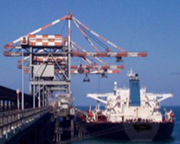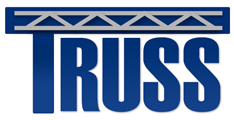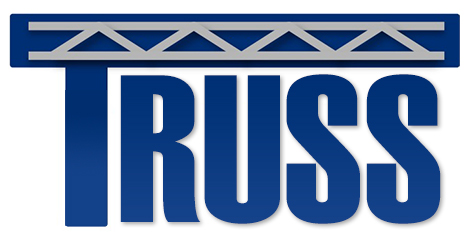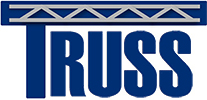 ESR6: Residual life assessment and management of ship unloaders
ESR6: Residual life assessment and management of ship unloaders
- Host: Lloyd’s Register EMEA
- Address: Technical Investigation Department, Lloyd’s Register Global Technology Centre, Southampton Boldrewood Innovation Campus
Burgess Road, Southampton SO16 7QF, United Kingdom. - Main Supervisor: Dr. Kian Banisoleiman
- Fellow: Giulia Milana
Ship unloaders are a vital element of the infrastructure in the transport chain of containers, coal, iron ore and other bulk materials. They are subject to relatively rapid rates of deterioration due to environmental factors and mechanisms such as corrosion, physical and chemical attack, bio-deterioration, as well as general wear, abrasion, fatigue and accidental damage. Inspection, maintenance and repairs typically become more costly and impact more severely on operational availability towards the end of ship unloaders’ lives. The two main concerns towards the end of life are typically corrosion and fatigue.
Through in-depth measurements and advanced analysis it is possible to develop the required knowledge to allow important decisions regarding the future of the unloaders to be made on a sound and rational basis, taking into account operational, safety and maintenance requirements and costs. Such structural residual life assessments are currently typically undertaken at five yearly intervals towards the end of the assets’ lives. Taking a snapshot of the condition of the unloaders allows identifying the operational loading and the environmental conditions. Extrapolating these snapshots into the past and future is of course open to many uncertainties and conservative estimates are made.
One of the aims of TRUSS is to reduce these uncertainties, reduce the risk of continued operation, and reduce costs of maintenance and inspection for the ship unloader owners and operators. Access to a 50+ channel long term monitoring system on a ship unloader installed by Lloyd’s Register will be available to the ESR. It is anticipated that further opportunities to participate in the further development and installation of such systems will be made available over the course of the project. The ESR will analyse collected data from strain, vibration and temperature as a minimum and will investigate the use of other technologies. The monitoring system will be developed to autonomously execute fatigue and fracture mechanics calculations based on the measurements and a FE model built in collaboration with UCD to reconcile with the real behaviour of the structure.
The research additionally examines design criteria and the effect of environmental conditions and operational variability that affect the lives of ship unloaders. It is expected that the results will lead to a reduction in risk and cost in maintaining and operating ship unloaders which will enhance the sustainability and robustness of this vital link in the transport infrastructure chain.
You can follow blog and publications by ESR6 below.



